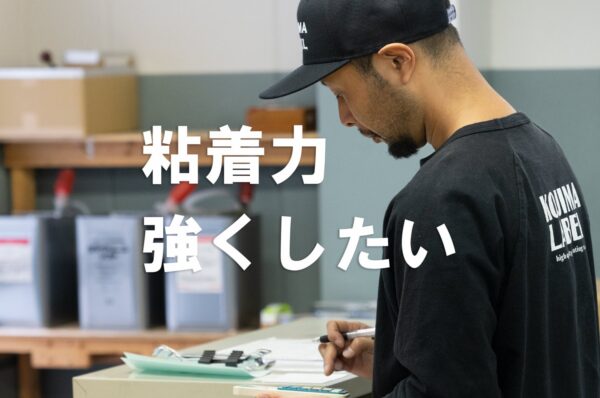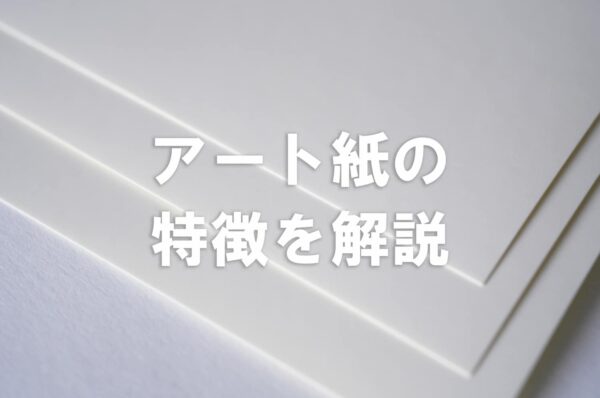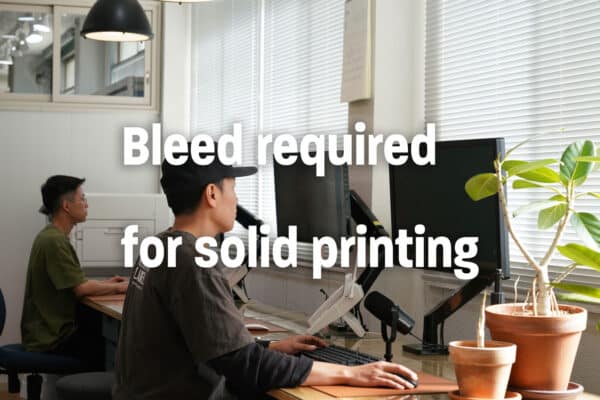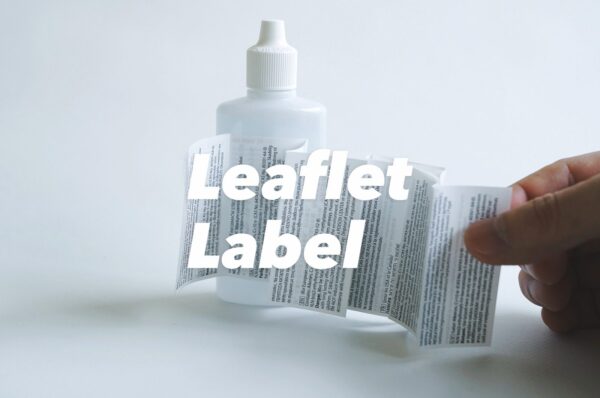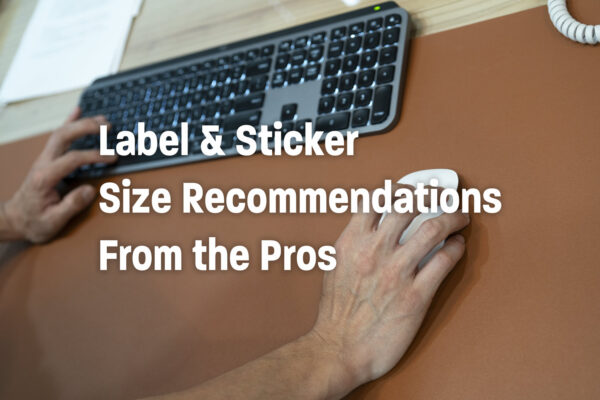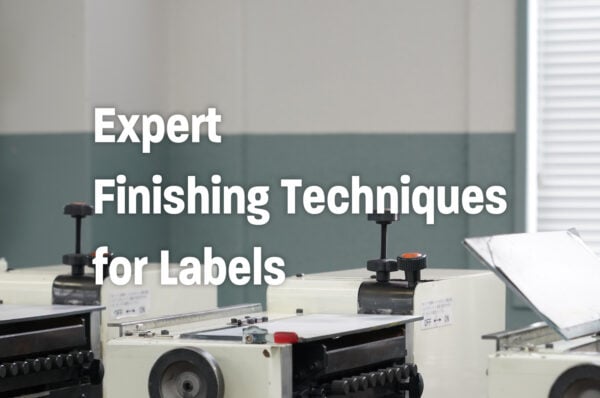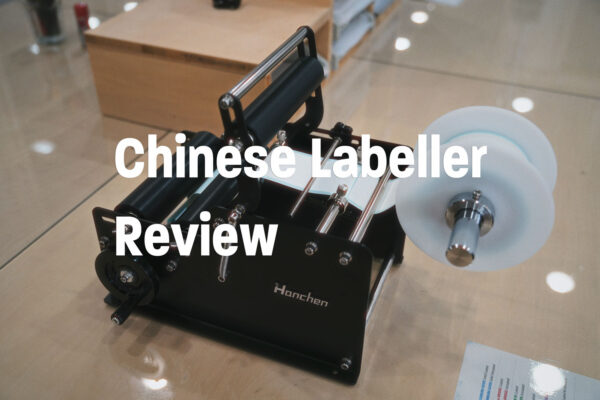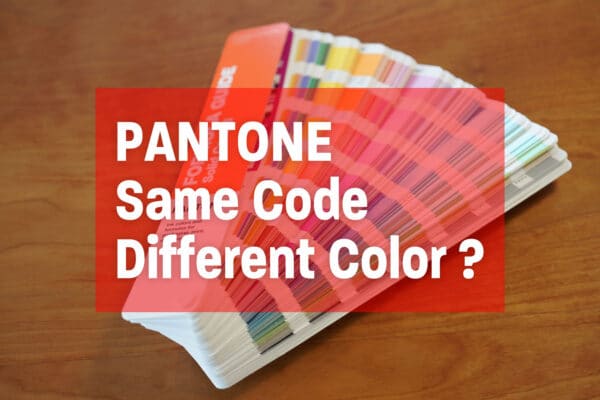Two-Layer Labels: When you peel it off, there's another label on it
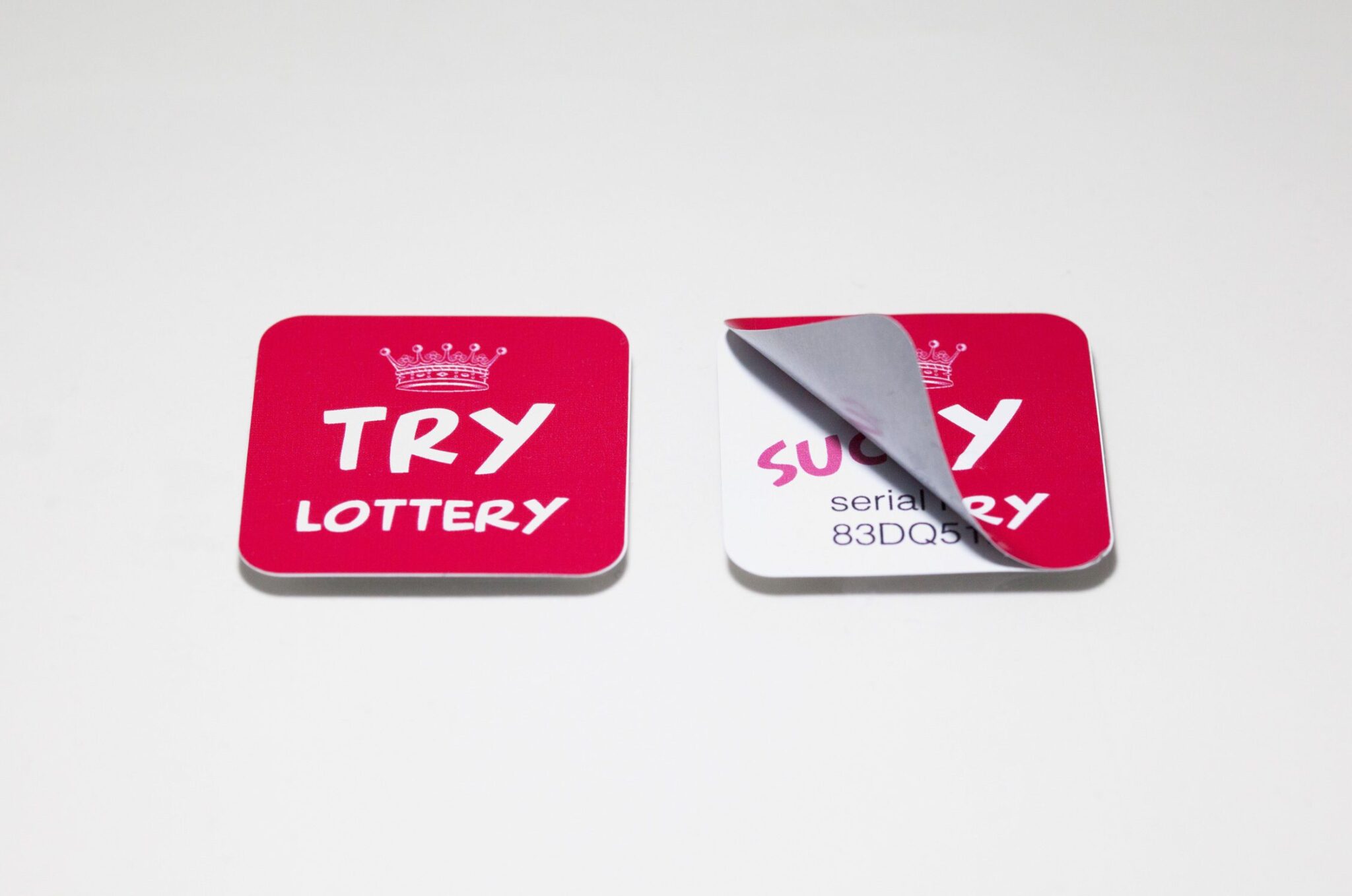
Two-Layer Labels are ideal for campaign labels that connect products to a website, offering a practical and effective solution.
Please feel free to contact us.
Two-Layer Labels
As the name suggests, two-layer labels consist of two layers. Have you ever seen an upper layer label on a can of coffee or a PET bottle, which, when peeled off, reveals a lower layer label with a QR code or serial number? This time, we will provide a detailed explanation of such two-layer labels.
Let us guide you through the details of two-layer labels.
Purpose of Two-Layer Labels
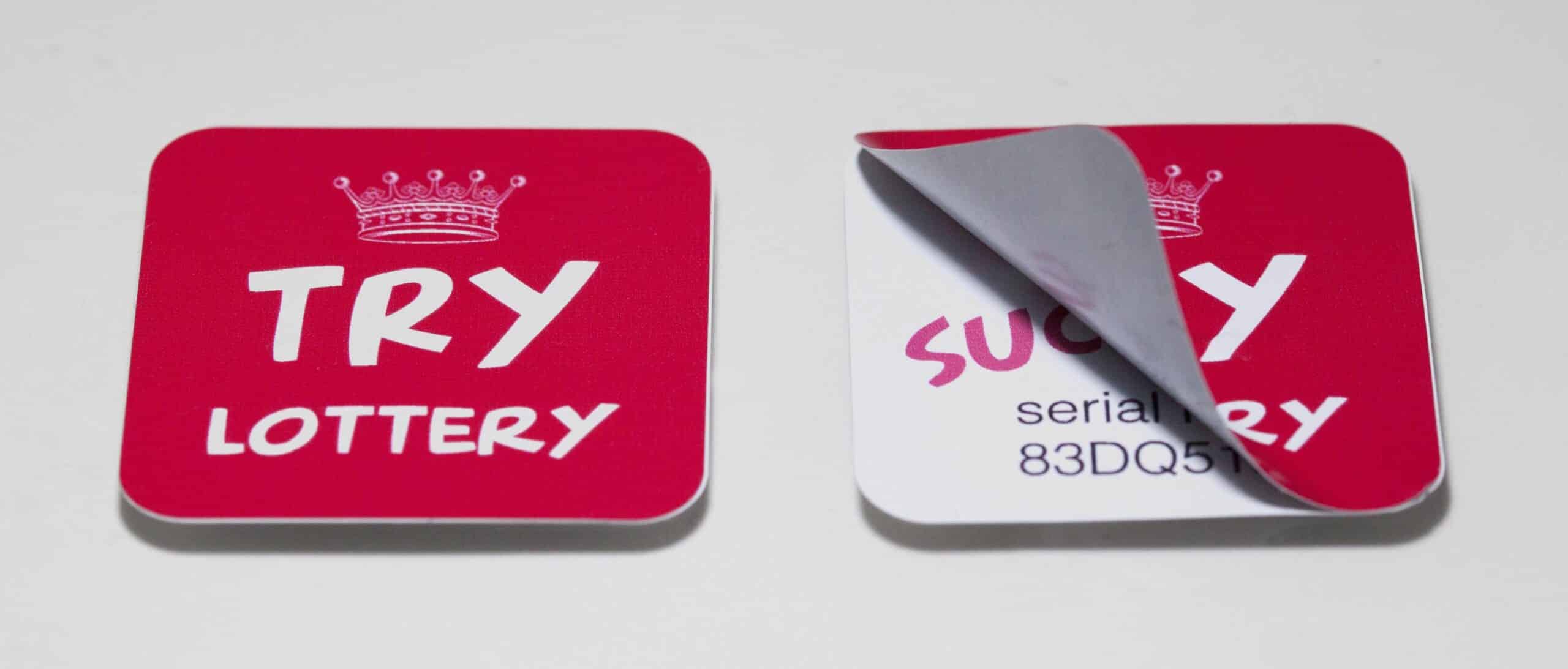
Two-layer labels mainly serve as lottery tickets for campaigns accompanying product purchases. Some types have an upper layer that is peeled off to reveal a win or lose message on the lower layer, or a QR code on the lower layer that directs users to a website where they can win prizes. In large-scale campaigns, the lower layer may contain a randomly printed ID or serial number to be entered on a linked website.

Specifications
The number of colors for the upper and lower layers of two-layer labels can be freely selected. For example, the upper layer can have four colors, and the lower layer can have one color. It is also possible to print variables such as QR codes, IDs, and serial numbers on the lower layer. The standard finish typically includes four colors for the upper layer and one color for the lower layer. Reducing the number of colors can also lower the unit price per label, so consider the number of colors if you want to reduce costs.
See the image below for an idea of the number of colors for each layer.
There are many material options available, but a film-based synthetic paper called Yupo is commonly used (according to our research). Yupo is a film-based material, making it highly durable and peelable, ensuring reliability in any situation. Additionally, a non-transparent material is used on the upper layer to prevent the printed content on the lower layer from showing through. If you want to minimize production costs, it is possible to use paper-based material for the upper layer, but we do not recommend this due to concerns about durability and peelability.

There are paid options available, such as materials that lose adhesive effect once peeled off, or types where only the top part of the upper layer is adhesive and does not peel off. Additionally, it is possible to add a cut to the peeling part of the upper layer to make it easier to peel. Both sheet and roll finishes are available. Please contact the printing company for any desired processing options.
For more information, please refer to the following image showing the color distribution for each layer.
How to Submit Data
Data submission is accepted in AI format (Adobe Illustrator data). However, it is necessary to clearly indicate the "upper layer" and "lower layer." Variable information such as IDs and serial numbers should be submitted in Excel format. While our company accepts the above formats, please check with other companies for their specific requirements before submission.
For basic submission guidelines, please refer to our Illustrator Submission Guide.
Summary of Two-Layer Labels
If you are creating two-layer labels for the first time, please contact each label printing company to discuss the intended use. They will propose suitable options for you. Two-layer labels are more expensive than regular labels. We recommend ordering at least 5,000 pieces to reduce the unit price.
Of course, we can also create them, so please feel free to consult us.
For more information, please visit the dedicated two-layer label page.
https://en.kojima-label.co.jp/products/2-layer/

Start Your Project Now!
Contact Us or Get a Quote!

